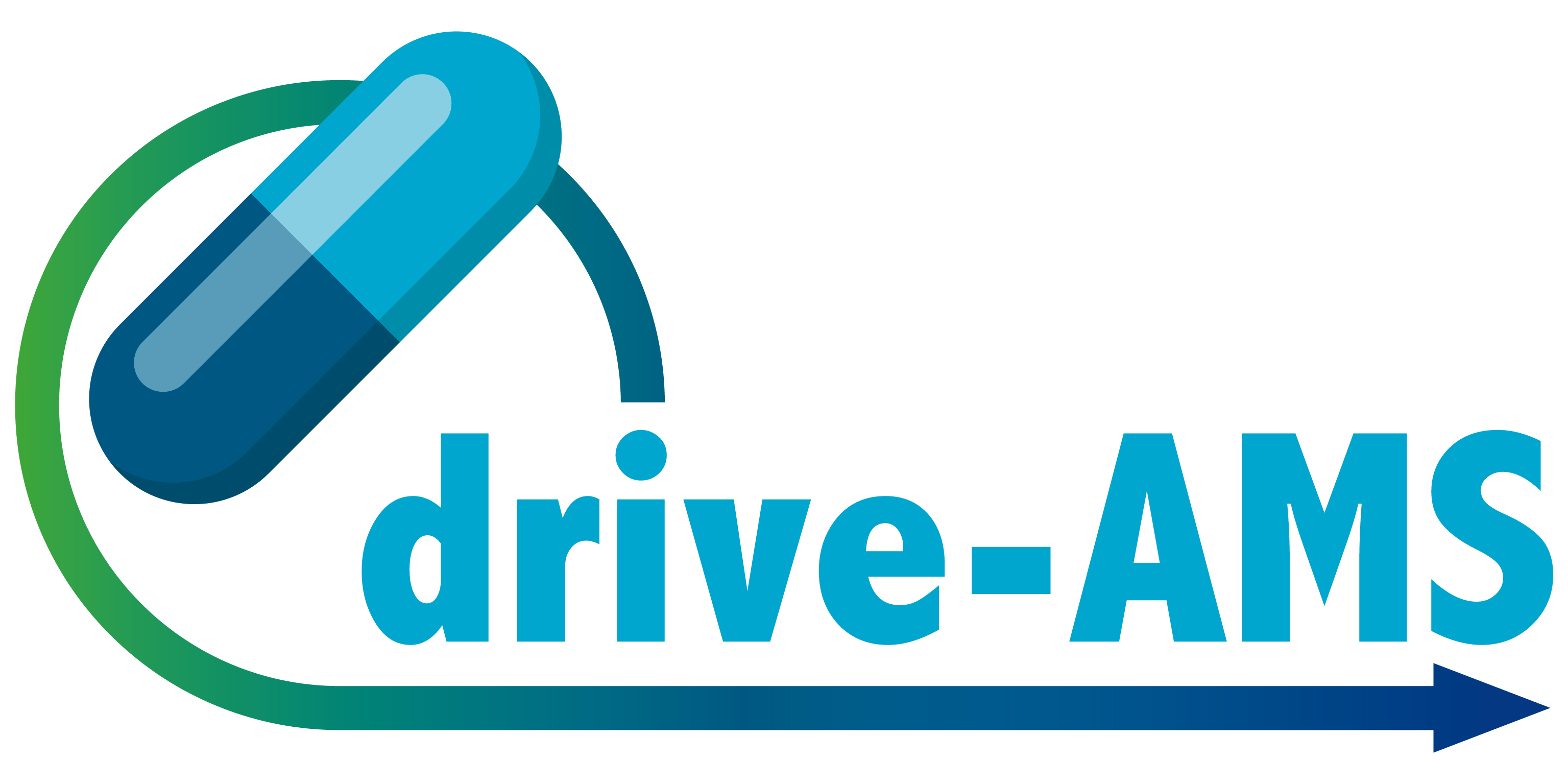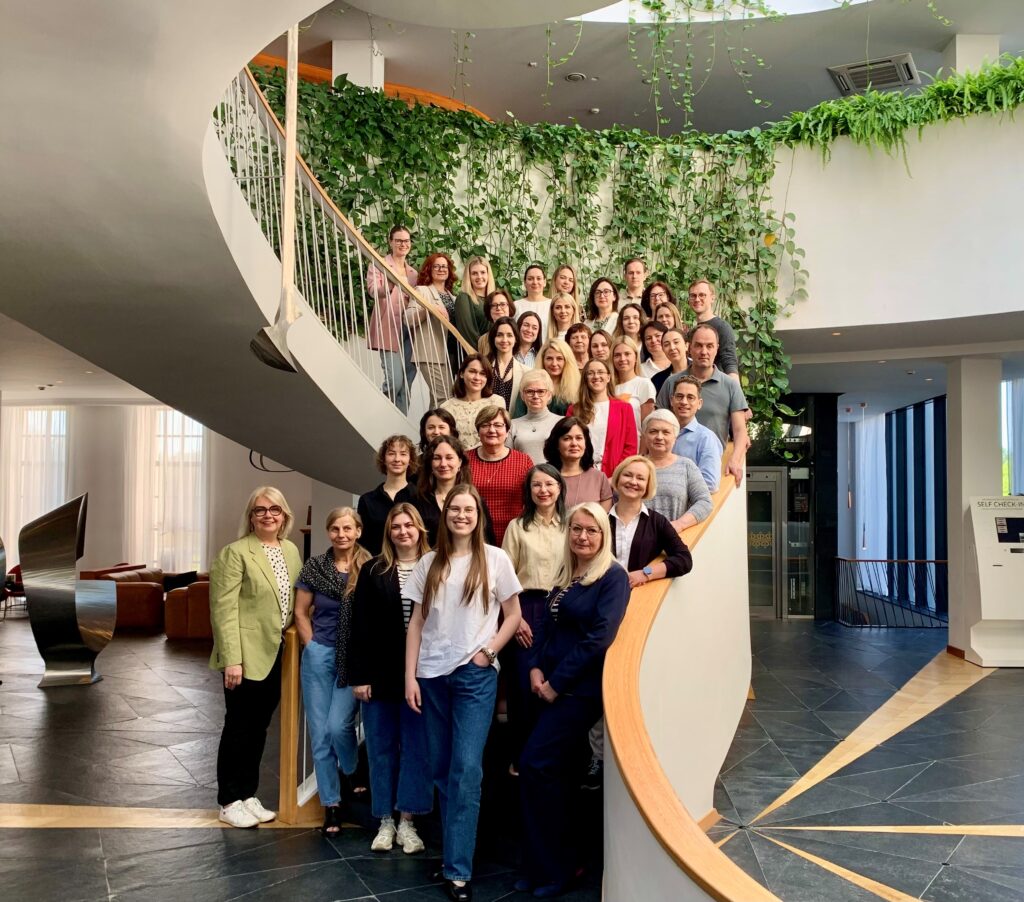Participants from six different hospitals attended the course, resulting in a multidisciplinary team of infectious disease specialists, clinical pharmacologists, microbiologists, sub-directors of hospitals, nurses, intensivists and surgeons. Even a group of residents from one of the major hospitals in Vilnius took part in the training.
It was another great opportunity for everyone involved to exchange ideas, brainstorm about alternative approaches, connect & forge new relationships and discuss current challenges in the respective hospitals. Lina Šopienė and Rūta Bučytė, organisational psychologists and part of the faculty, got the ball rolling with an interactive game that also functioned as a fun ice-breaker for the group.
Even though some participants realised that there is still a long way to go as they got acquainted with the many novel methods to improve AMS such as the behaviour change model, the course provided a first big step in the right direction. Motivation was high to improve the situation in their institutions, continue to follow trainings and work together to set up and/or expand their AMS programs.
During the workshops, several problems regarding antibiotic prescribing behaviour were identified. These included:
Patients don’t always get the first-line antibiotic for a mild or moderate community acquired infection as recommended by the guidelines
Documentation of why antibiotics are prescribed for patients is minimal
Blood cultures are not always taken before the start of antibiotic treatment in septic patients
The Global-PPS feedback provided insights into the extent of these problems and will be used to follow up interventions implemented by the hospitals to tackle them.
We are proud to look back on four successful in-country trainings in Portugal, Greece, Romania and Lithuania! However, the work doesn’t stop here. We’re slowly transitioning into the third and final phase of the project where the drive-AMS teams in each country independently organise their own AMS courses and grow their networks. Keep an eye on our platforms to stay up to date.

